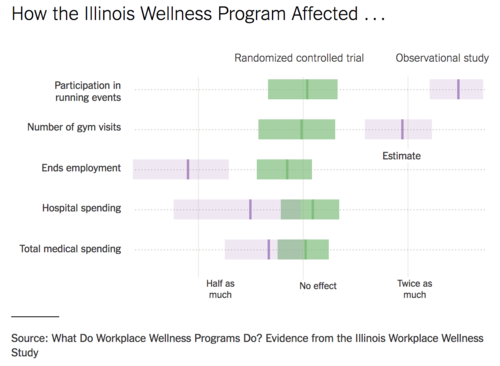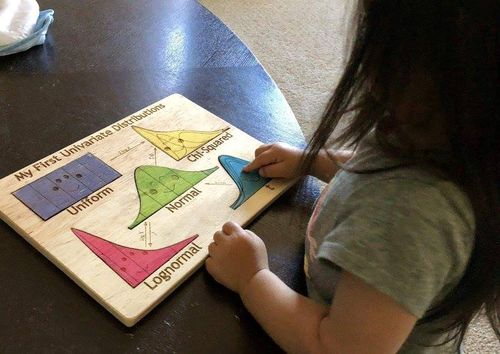Chance News 114
July 1, 2018 to ...
Quotations
"I have found it intriguing to narrate the history of statistics as viewed from the special lens of its orphaned sister: causation. The story of this 'forbidden love' was never told before and, believe me, it is full of mystery, intrigue, personalities, dogmatic orthodoxy, and heroic champions of truth and conviction."
[Vermont state] Rep. Van Wyck of Ferrisburgh explained his vote as follows: “Madam Speaker: I voted No. In college, I learned there were Lies, Damnable Lies, and then there is Statistics. I am not impressed with a number of these statistics.”
Submitted by Jeanne Albert
Forsooth
“That means then that criminal aliens are committing 28 percent of the crimes in the United States. And so that means 28 percent of the murders, 28 percent of the rapes, 28 percent of the violence and the assaults and battery, first- and second-degree murder and also manslaughter attacks are committed by criminal aliens.”
Never too early to start!
Submitted by David Ballard
(Note: It's a real puzzle toy, and apparently sold out!)
How likely is "likely"?
If you say something is “likely,” how likely do people think it is?
by Andrew Mauboussin and Michael J. Mauboussin, Harvard Business Review, 3 July 2018
Counting LA's homeless
More sidewalk tents, but fewer people living in them? The 2018 homeless count's new math
by Dakota Smith and Doug Smith, Los Angeles Times, 15 July 2018
Plastic straws
How a 9-year-old boy’s statistic shaped a debate on straws
by Niraj Chokshi, New York Times, 19 July 19 2018
Alzheimer's drug study
Why the latest Alzheimer’s drug study has so many people confused
by Clifton Leaf, Fortune, 30 July 2018
Examines conflicting reports in the popular press concerning a recent Alzheimer's drug study; For example, see the following stories:
- Is this drug the most promising development on Alzheimer's in recent history?, USA Today, 26 July 2018.
- Biogen plummets as Alzheimer drug shows little efficacy in trial, TheStreet, 26 July 2018
Workplace wellness programs
Workplace wellness programs don’t work well. Why some studies show otherwise
by Aaron E. Carroll, New York Times, "TheUpshot" blog, 6 August 2018
Compares results of observational studies with subsequent randomized trials. In a number of cases, the effects found in the earlier studies are seen to disappear. Article includes the following graphic:

Comment on gerrymandering
Observing that Gerrymandering has been a hot topic in recent Chance News (see, for example, posts in CN111, CN112), [https://www.causeweb.org/wiki/chance/index.php/Chance_News_113#Voting_maps CN113], Emil Friedman sent the following comment:
Virtually any complex method we devise to combat Gerrymandering can probably be manipulated to partisan advantage. However, a simple way to make partisan gerrymandering nearly or completely impossible would be a nationwide system wherein we divide each state that is wider than it is tall (on a Mercator Projection) by vertical straight lines into contiguous vertical slices having nearly equal populations. States that are taller than wide would be divided horizontally instead of vertically. If adopted nationwide, it would make it impossible to rig the voting districts. However, a big downside is that it -- and almost any other solution involving a nationwide system -- would probably require a constitutional amendment.
